Abstaract
nternational rankings of universities have attracted increasing attention, which usually leads to promotional and casual use of their results by academia’s managers. But, they are a valuable ready source of internationally comparable information to build up monitoring and evaluation (M&E) systems in academia to further pursue reflexive governance of research, innovation and education. In this regard, Sharif University of Technology has started responsible use of rankings’ results two years ago, firstly by establishing The Department for Planning and Assessment of Research and Technology (DPART), secondly by strategic selection of 7 relevant rankings to be monitored regularly, thirdly by strategic selection and categorisation of the indicators of the rankings into five dimensions of research and publication, education, industry collaboration, international collaboration and international outlook, fourthly by using the analyses for evidence-based policy making and for better understanding of and reforming current policies, and finally as a core element of a larger M&E system. The initiative has explicitly determined rankings cannot provide reliable insight. So far, publishing a dozen of reports on the status of the university in international rankings has provided a comparative consistent picture of its trend, strengths and weaknesses across different rankings. Consequently, it has put an end to casual debates and remarks which in turn has built a baseline for consensus within the university, and also for responsible outreach toward stakeholders. It also resulted in a more evidence-based policymaking. In brief, it is suggested that rankings of higher institutions could provide ready, free and comparable information to build up the core of a customized M&E system for the ultimate goal of good reflexive governance of RRI, provided that academia managers are aware of rankings’ appropriate usage and limitations.


 Ali Maleki
Ali Maleki Najmoddin Yazdi
Najmoddin Yazdi.jpg)
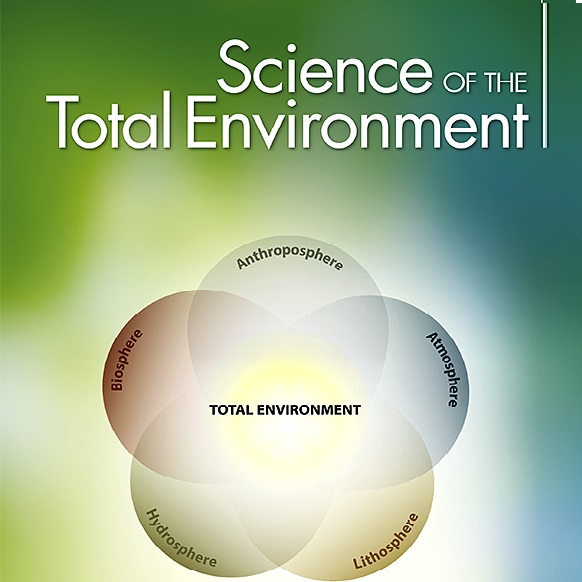
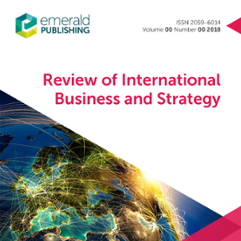
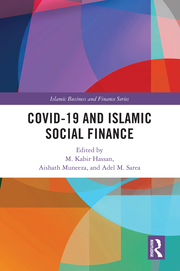
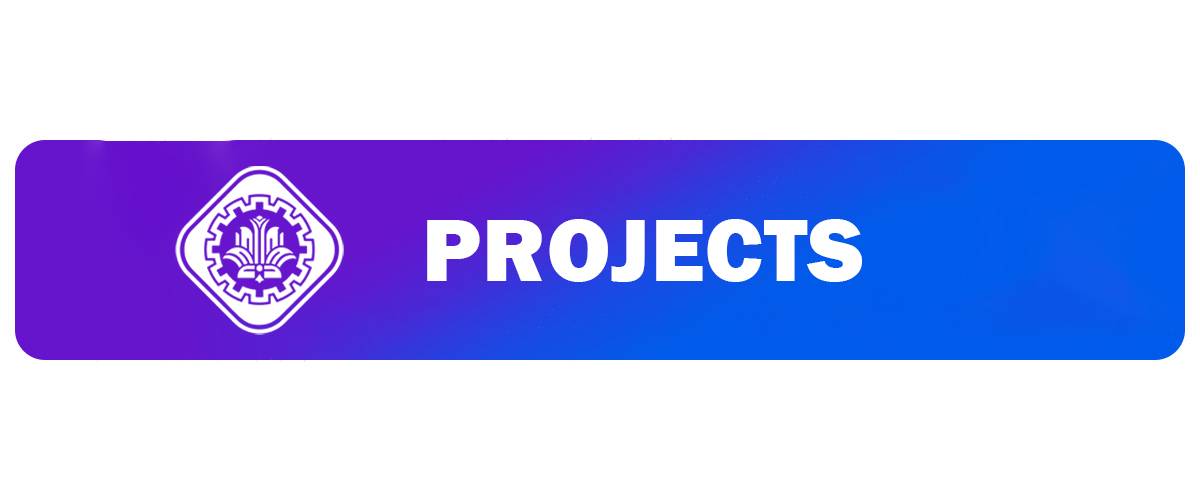

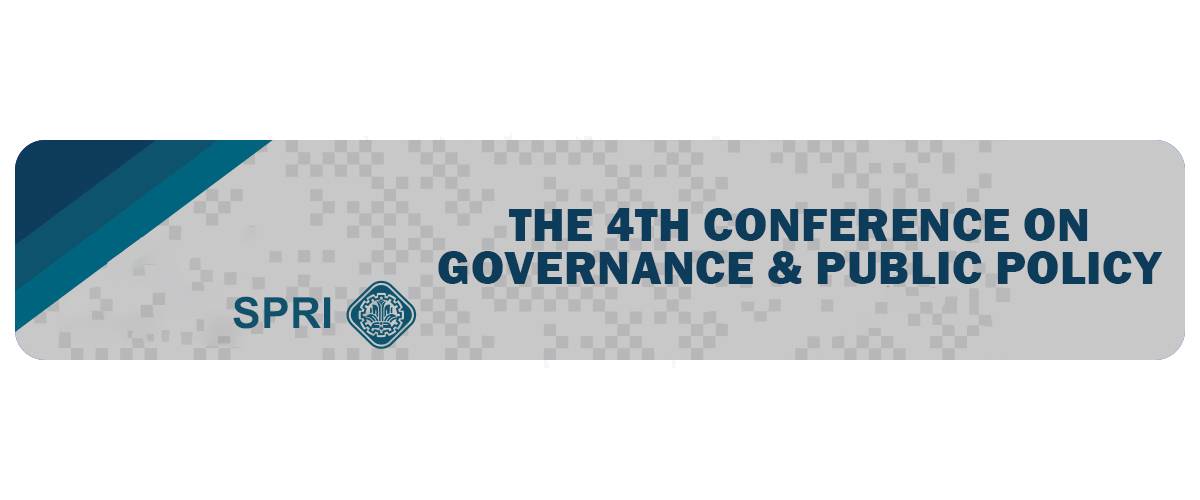
.jpg)